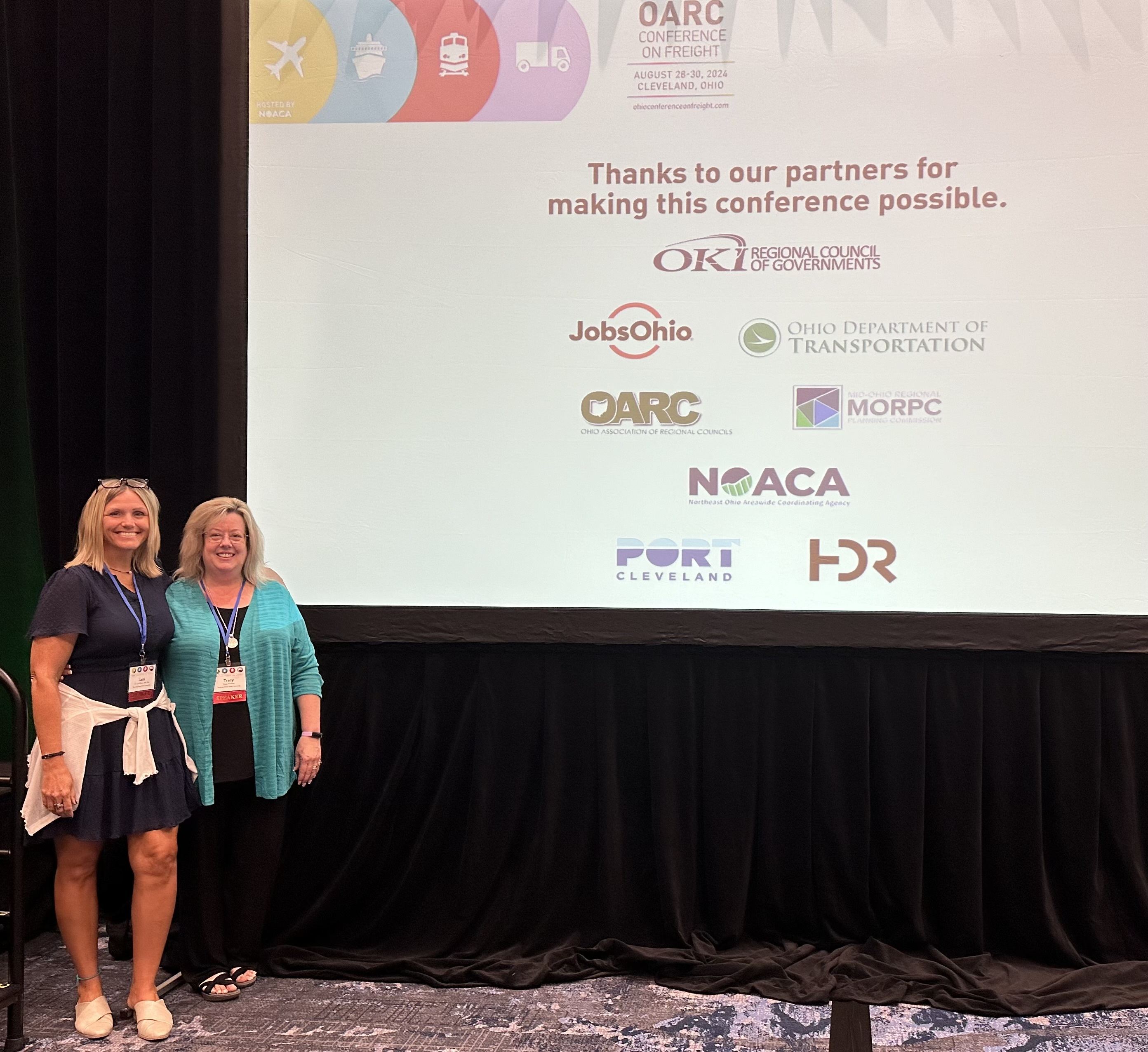BGSU Labor Trafficking Education and Research Initiative

Introduction
The Labor Trafficking Education and Research Initiative was created in 2024 to help fill the gap in the understanding of human trafficking, specifically labor trafficking. Through data, the Initiative seeks to offer insight to enable better identification of victims, services available, and best practices.
Mission
The BGSU Labor Trafficking Education and Research Initiative, to promote public good, is focused on gathering quality data, developing survivor-informed best practices, and establishing cross-sector partnerships, through education, advocacy, and empowerment.
Vision
The vision is to create a leading research center for information sources on labor trafficking and to partner with those who share our mission.
Issue
Human trafficking is one of the fastest-growing criminal enterprises plaguing our world today. While human trafficking has existed in all parts of the world as an unseen crime for centuries, it is becoming more widely recognized in the United States with a particular emphasis on sex trafficking. Understanding that both sex and labor trafficking exist and even co-exist in some various forms of exploitation, it is imperative that not only research but awareness and a better understanding of the issue of labor trafficking is performed to truly help address the complex, multi-faceted needs of human trafficking survivors.
In the news
- Sandusky Register: New initiative takes aim at human trafficking
- THE HELM: BGSU faculty members lead Labor Trafficking Education and Research Initiative
- WBGU PBS: Lara Wilken, assistant clinical professor and coordinator of the RN-BSN program at Bowling Green State University, talks about her work in building awareness of human trafficking
- WTOL News: Training healthcare workers to treat trafficking victims
- BGSU News: BGSU professor leads statewide conversation on human trafficking awareness
- Lorian Morning Journal: Turnpike celebrates customers through an appreciation event
State, National and International Magnitude
In 2005, the International Labour Organization (ILO) globally estimated an average of about 2.4 million victims of human trafficking at any given time. More recent research on forced labor would indicate the problem's scope to be much larger. In 2012 utilizing newer and more advanced statistical methodology the ILO estimates 20.9 million people are forced into labor in jobs they cannot leave due to being coerced or deceived. This estimate if averaged would mean worldwide, three out of every 1,000 persons are forced into labor at any given time.
According to the United Nations Office on Drugs and Crime (2023) “Nearly every country in the world is affected by human trafficking as a point of origin, transit or destination, and victims from at least 127 countries have been reported in to have been exploited in the United States. Human trafficking is a regional as well as a domestic crime, with victims trafficked within their own country, to neighboring countries and between continents. For example, victims from East Asia have been identified in more than 20 countries throughout the world, including in Europe, the Americas, the Middle East, Central Asia and Africa (para 5).
Human trafficking is a human rights, social justice, and public health issue impacting each one of us, if not directly, indirectly. While we as a nation have made great strides over the last decade to better understand the issue of sex trafficking, labor trafficking is still widely underrecognized, under researched and largely misunderstood, leaving not only front-line identifiers with limited tools for identifying and reporting, but survivors with limited support and resources.
Resources
- Polaris: Since 2007, Polaris has operated the US National Human Trafficking Hotline. Their website offers statistics based on the calls received to the hotline.
- Eyes Open International: Eyes Open International is a non-profit group founded by a survivor of labor trafficking and is focused on combatting human trafficking through empowerment.
- Ohio Attorney Generals Human Trafficking Initiative
- Ohio Attorney General Standard of Services for Trafficked Persons
- Governor DeWine - Human Trafficking Task Force
- U.S. Department of Justice
- U.S. Department of Defense
- Office of Juvenile Justice and Delinquency Prevention
- Blue Campaign
- Empowerment Through Employment

Updated: 04/29/2025 11:48AM







